Discover Science Weekly
Science Weekly

967 Episodes
Reverse
Madeleine Finlay sits down with science editor Ian Sample and science correspondent Nicola Davis to discuss three eye-catching stories, including the impact of a powerful psychedelic on depression, answers on the death of Russian opposition leader Alexei Navalny, and an explanation to the mystery of why humans have chins. Help support our independent journalism at theguardian.com/sciencepod
Testimonials about the beneficial health effects of magnesium supplements abound online, with influencers claiming that a daily pill can help with everything from anxiety to sleep and brain fog. But do any of these claims stack up? Ian Sample is joined by co-host Madeleine Finlay to find out where the science stands. They also hear from Katherine Tucker, the founder of the Center for Population Health at the University of Massachusetts Lowell. She explains what magnesium is doing in our bodies and the best approach we can take to ensure we are getting enough. Help support our independent journalism at theguardian.com/sciencepod
In late January a new social media site took a certain corner of the internet by storm. Moltbook was conceived as a space where AI assistants could let off steam, chat and compare notes on their bosses, but it quickly became the focus of breathless claims that the singularity had arrived as the bots started badmouthing their humans and plotting an uprising. So what’s the truth about Moltbook? Madeleine Finlay hears from Aisha Down about what it tells us about AI, and about us.. Help support our independent journalism at theguardian.com/sciencepod
The release of the latest batch of documents relating to the late child sex offender Jeffrey Epstein has shed further light on his close relationship with the world of science. To find out why he cultivated scientists and where his interests lay, Ian Sample hears from Dan Vergano, a senior editor at Scientific American.. Help support our independent journalism at theguardian.com/sciencepod
On a recent trip to Lake Geneva in Switzerland, biodiversity reporter Phoebe Weston witnessed the impact of one of the planet’s most potent invasive species, the quagga mussel. In just a decade the mollusc, originally from the Ponto-Caspian region of the Black Sea, has caused irreversible change beneath the surface of the picturesque lake. While ecologists believe invasive species play a major role in more than 60% of plant and animal extinctions, stopping them in their tracks is almost impossible. Phoebe tells Madeleine Finlay how invasive species spread, how conservationists are trying combat them and why some think a radical new approach is needed.. Help support our independent journalism at theguardian.com/sciencepod
Just like men, women are increasingly being told by online influencers that the classic symptoms of middle age could be down to low testosterone. In the second part of this miniseries exploring the hormone, Madeleine Finlay finds out what testosterone supplementation is doing for women. She hears from science journalist Linda Geddes, who is taking testosterone for low libido, and from prof Susan Davis, a consultant endocrinologist and head of the Monash University Women’s Health Research Programme. Susan explains what the evidence really shows about the benefits and risks of women taking testosterone. Help support our independent journalism at theguardian.com/sciencepod
If TikTok influencers are to be believed, testosterone, or T, is the answer to everything from fitness frustrations and fatigue to low libido. But doctors are warning that social media misinformation is driving men to seek testosterone therapy that they don’t need. This in turn comes with risks for health and fertility. In part one of a miniseries exploring the popularity of testosterone, Madeleine Finlay hears from Prof Channa Jayasena of Imperial College London, who is chair of the Society for Endocrinology, about how this craze is manifesting in NHS clinics, and from ‘Sam’ who tells Madeleine about his own journey with the hormone. Help support our independent journalism at theguardian.com/sciencepod
Last week, a UN report declared that the world has entered an era of ‘global water bankruptcy’ with many human water systems past the point at which they can be restored to former levels. To find out what this could look like, Madeleine Finlay speaks to the Guardian’s diplomatic editor, Patrick Wintour, who has been reporting on Iran’s severe water crisis. And Mohammad Shamsudduha, professor of water crisis and risk reduction in the department of risk and disaster reduction at University College London, explains how the present situation arose and what can be done to bring water supplies back from the brink. Help support our independent journalism at theguardian.com/sciencepod
The Guardian’s science editor, Ian Sample, talks to Madeleine Finlay about three eye-catching science stories from the week, including a study that suggests positive thinking can boost immune response. Also on the agenda is the mysterious rise of scabies in the UK, and the discovery that cows are more adept with tools than previously known. Help support our independent journalism at theguardian.com/sciencepod
Studies detecting microplastics throughout human bodies have made for alarming reading in recent years. But last week, the Guardian’s environment editor, Damian Carrington, reported on major doubts among a group of scientists about how some of this research has been conducted. Damian tells Ian Sample how he first heard about the concerns, why the scientists think the discoveries are probably the result of contamination and false positives, and where it leaves the field. He also reflects on how we should now think about our exposure to microplastics. Help support our independent journalism at theguardian.com/sciencepod
Ian Sample puts listeners’ questions on dreams and nightmares to Dr Michelle Carr, director of the Dream Engineering Laboratory in Montreal’s Centre for Advanced Research in Sleep Medicine, and author of the new book Into the Dream Lab. They look at why we dream, what we can learn by examining our dreams, and what we can do when dreams turn to nightmares. Dr Carr gives her top tips for taking charge of our dreams and trying to influence their content. Help support our independent journalism at theguardian.com/sciencepod
Ian Sample puts listeners’ questions on sleep to Dr Allie Hare, consultant physician in respiratory and sleep medicine at Guy’s and St Thomas’ hospitals and president of the British Sleep Society. They cover why women experience sleep disturbance during the menopause, why sleep paralysis affects some people more than others, and what scientists know about the link between sleep and dementia. Hare also gives her top tips for getting better sleep in 2026. Help support our independent journalism at theguardian.com/sciencepod
Last year was full of unexpected science news, from the discovery of a new colour, to the interstellar visitor 3I/Atlas passing by our solar system, and a world-first treatment with a personalised gene editing therapy. So what will this year bring? Ian Sample and science correspondent Hannah Devlin discuss the big stories likely to hit the headlines and share their predictions for 2026. Help support our independent journalism at theguardian.com/sciencepod
The US capture of Nicolás Maduro and his wife, Cilia Flores, on Saturday left many people wondering why? Donald Trump hinted at an answer when he claimed the Venezuelan regime had stolen US oil rights and that American oil companies would help to run Venezuela going forward. Jillian Ambrose, the Guardian energy correspondent, explains to Ian Sample the appeal of Venezuelan oil to the US, how easy it is to extract and what the latest action tells us about Trump’s energy strategy. Help support our independent journalism at theguardian.com/sciencepod
Kevin Hall spent 21 years at the US National Institutes of Health and became known globally for his pioneering work on ultra-processed foods. In April he unexpectedly took early retirement, citing censorship under the Trump administration. Now he has co-authored a book with the journalist Julia Belluz that aims to bust myths and challenge wellness orthodoxy on everything from weight loss and metabolism to supplements and wearables. In this episode from October, Hall tells Ian Sample what he wants us all to understand about diet, exercise and weight loss, and what led to his departure from the job he loved. Help support our independent journalism at theguardian.com/sciencepod
More of us are turning to products containing mushroom extracts, with the medicinal fungi market worth billions of pounds. Promises of mental and physical health benefits have seen its popularity spill over from wellness influencers to the shelves of Marks & Spencer – but is there any scientific evidence behind these claims? In this episode from June, Ian Sample chats to Madeleine Finlay about the appeal of mushroom drinks and supplements, and hears from the mycologist Prof Nik Money on what we really know about how fungi can affect our minds and bodies. Help support our independent journalism at theguardian.com/sciencepod
Psychologists have typically believed that we become less curious as we age, but recent research has shown curiosity actually becomes more targeted and specific in our later years. In this episode from September, Madeleine Finlay hears from Dr Mary Whatley, an assistant professor of psychology at Western Carolina University, and Dr Matthias Gruber of Cardiff University’s Brain Research Imaging Centre to find out why we change in this way, and how maintaining broad curiosity into older age can help keep our brains young. Help support our independent journalism at theguardian.com/sciencepod
Scientists are beginning to understand that ageing is not simply a linear process and we age, according to recent research, in three accelerated bursts: at about 40, 60 and 80 years old. In this episode from July, Ian Sample talks to Stanford University’s Prof Michael Snyder, who explains what the drivers of these bursts of ageing could be, and how they might be counteracted. Help support our independent journalism at theguardian.com/sciencepod
Dame Maggie Aderin-Pocock is a space scientist and science educator who has worked on a number of instruments that are revolutionising our view of the cosmos, including the James Webb Space Telescope. This year she will be giving the Royal Institution Christmas lectures, Britain’s most prestigious public science lectures, in which she will be exploring some of the big questions space science still has to answer. Nicola Davis sat down with Dame Maggie to discuss the lectures, why she is convinced there is life beyond our planet, and her dream of journeying to a distant exoplanet. Madeleine Finlay hears from them both in this Christmas special edition of Science Weekly.. Help support our independent journalism at theguardian.com/sciencepod
We all know eating too much sugar is bad for our health – but would we be better off replacing it with artificial sweetener? It’s a question Science Weekly listener Marion posed recently and, as Madeleine Finlay tells Ian Sample, the answer is complicated. She explains what the science says about sugar v sweeteners with the help of Prof Havovi Chichger, from Anglia Ruskin University, and Prof Jim Krieger, from the University of Washington’s school of public health. Help support our independent journalism at theguardian.com/sciencepod




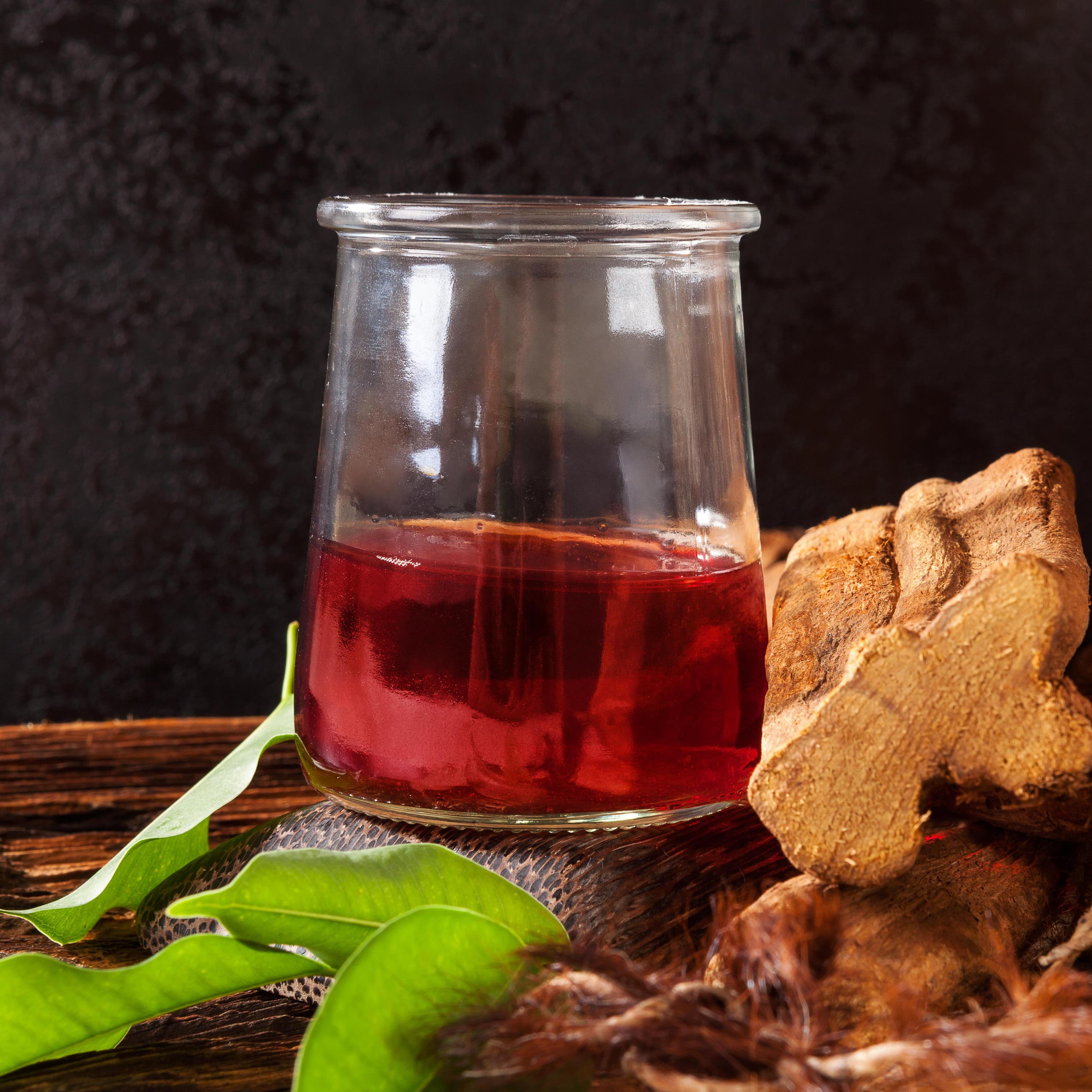

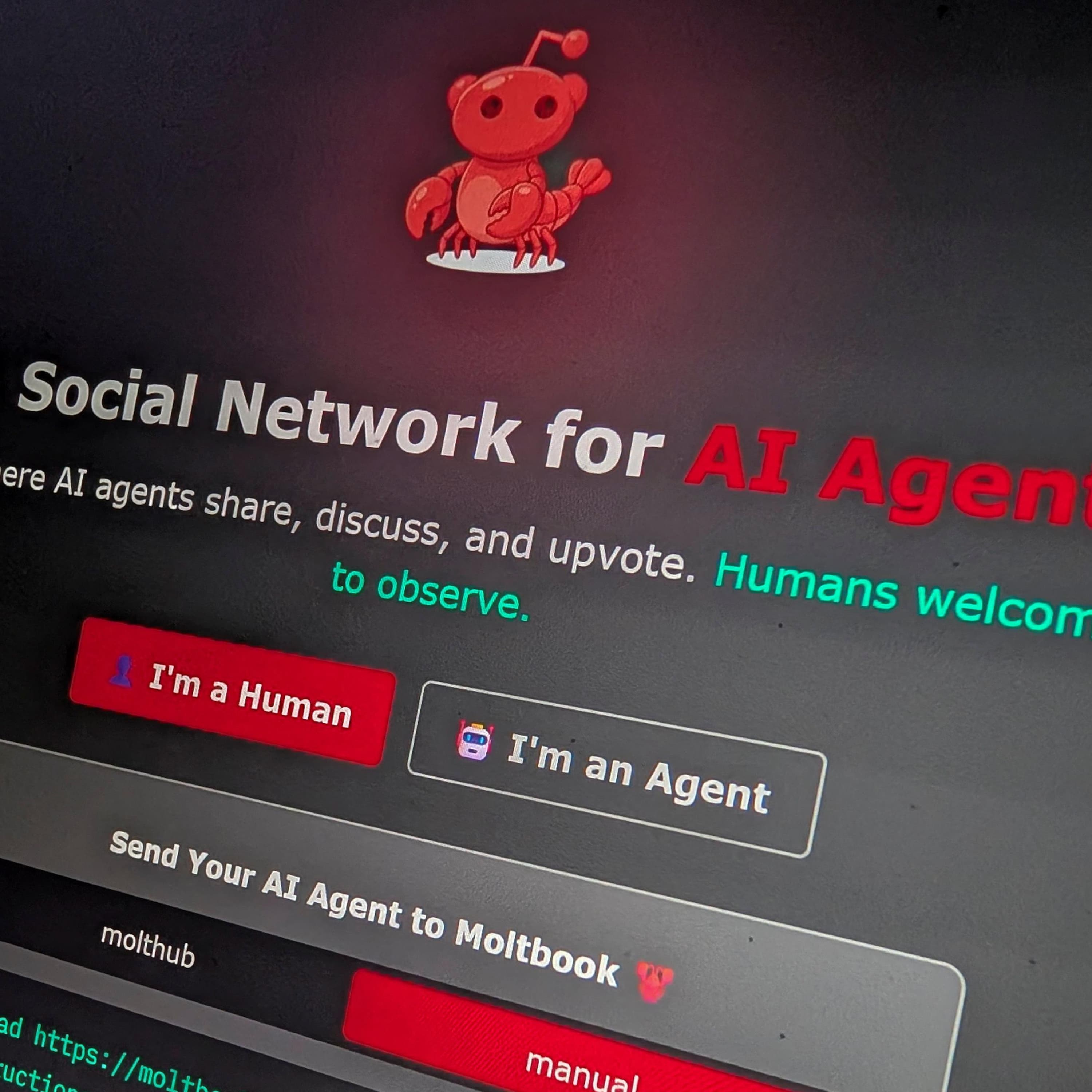
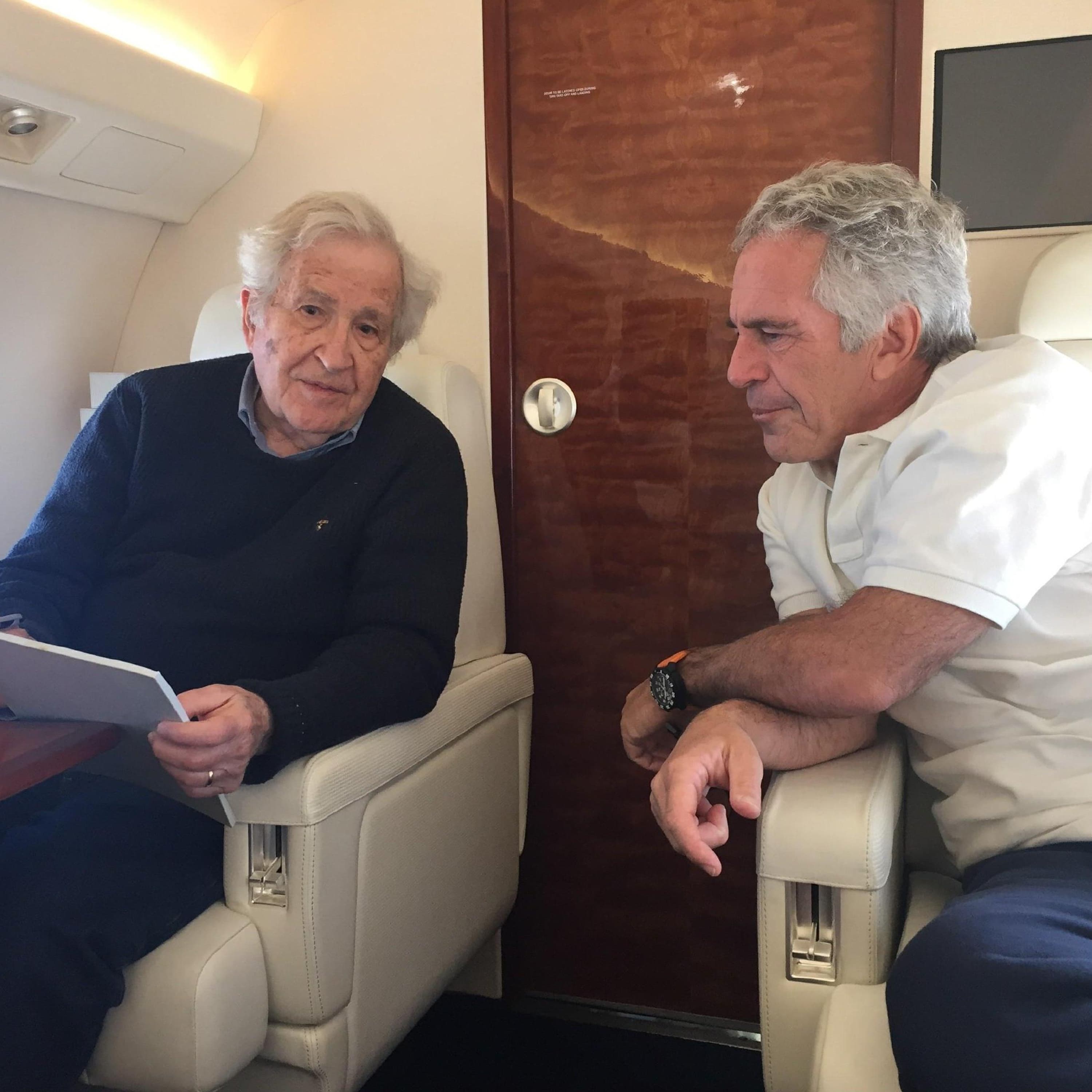
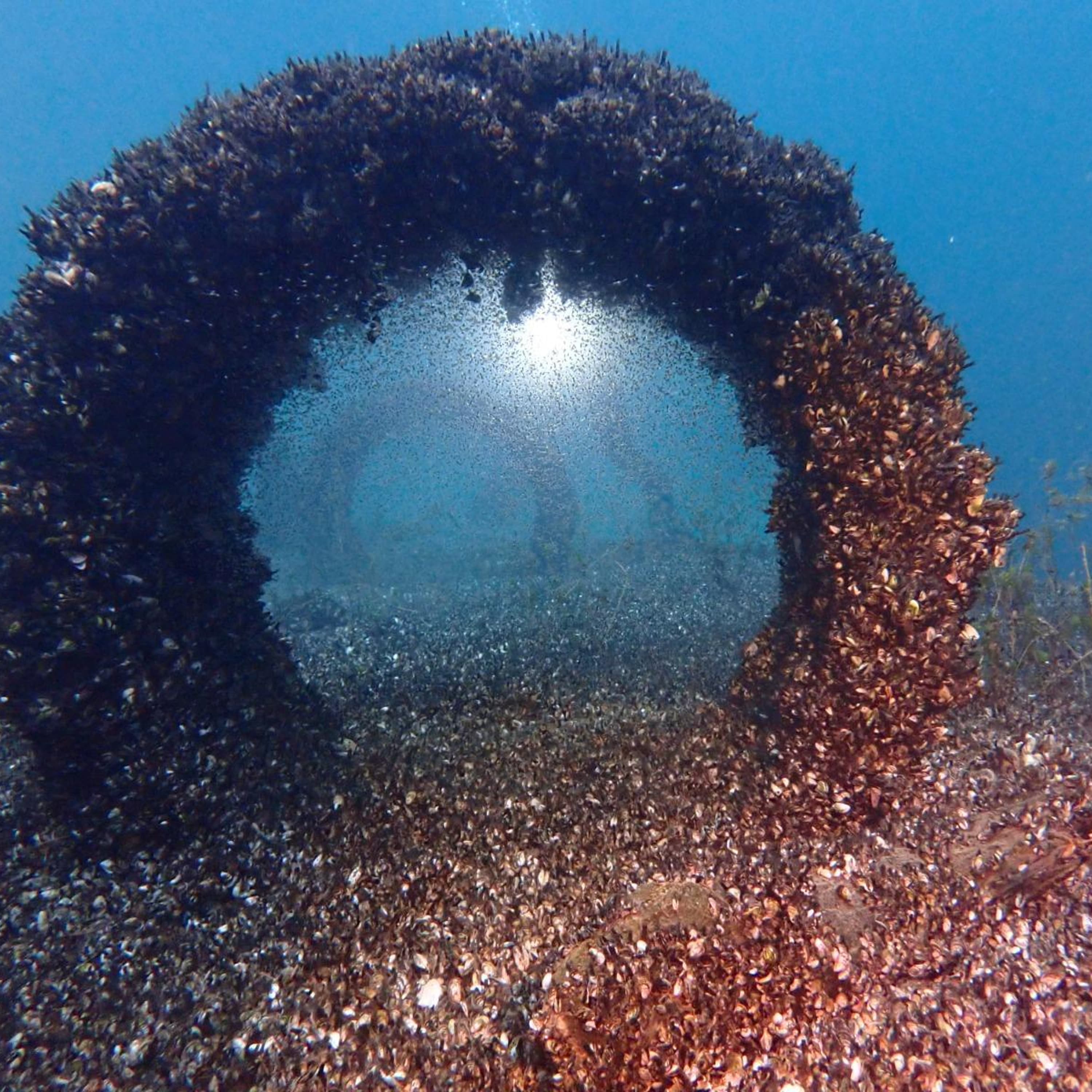

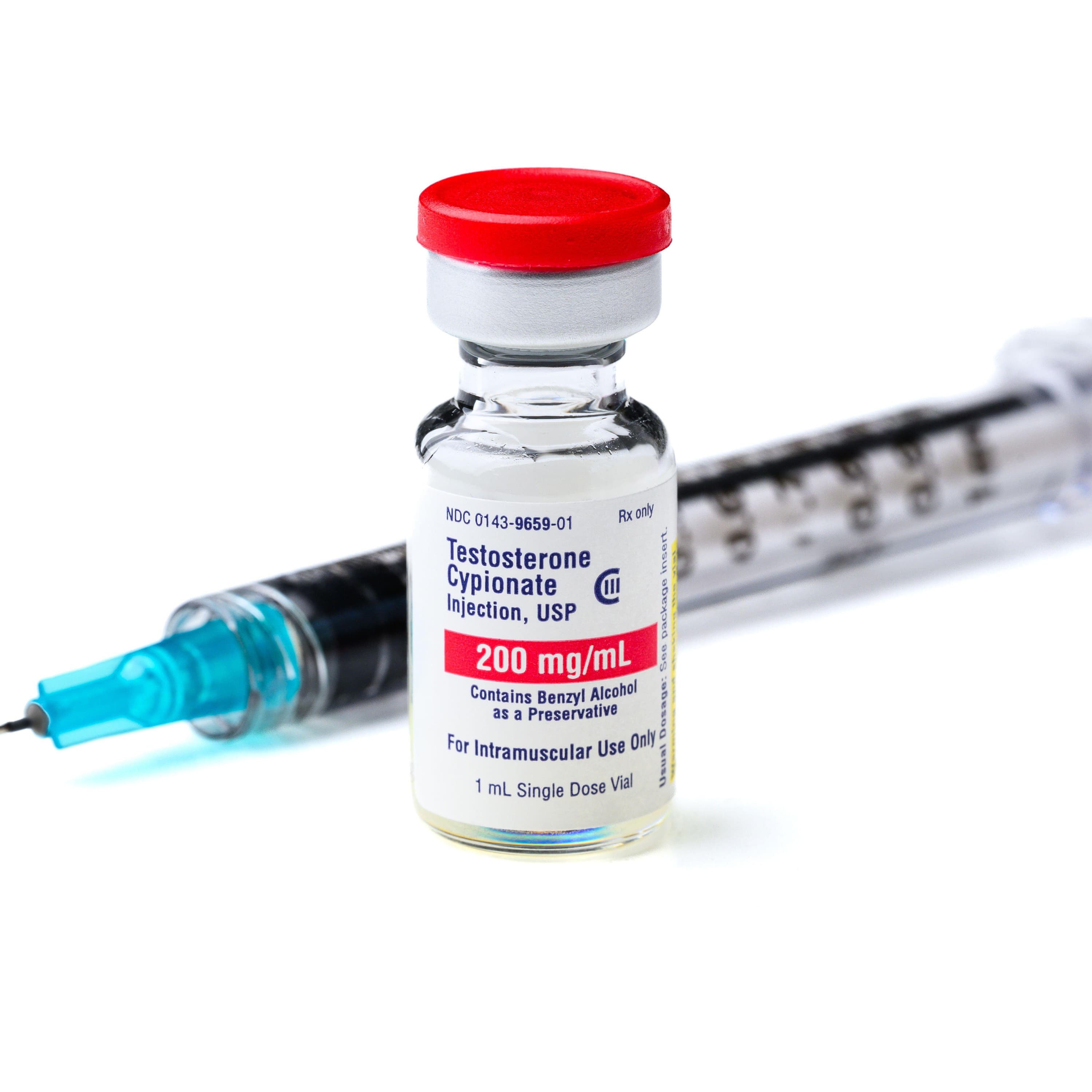
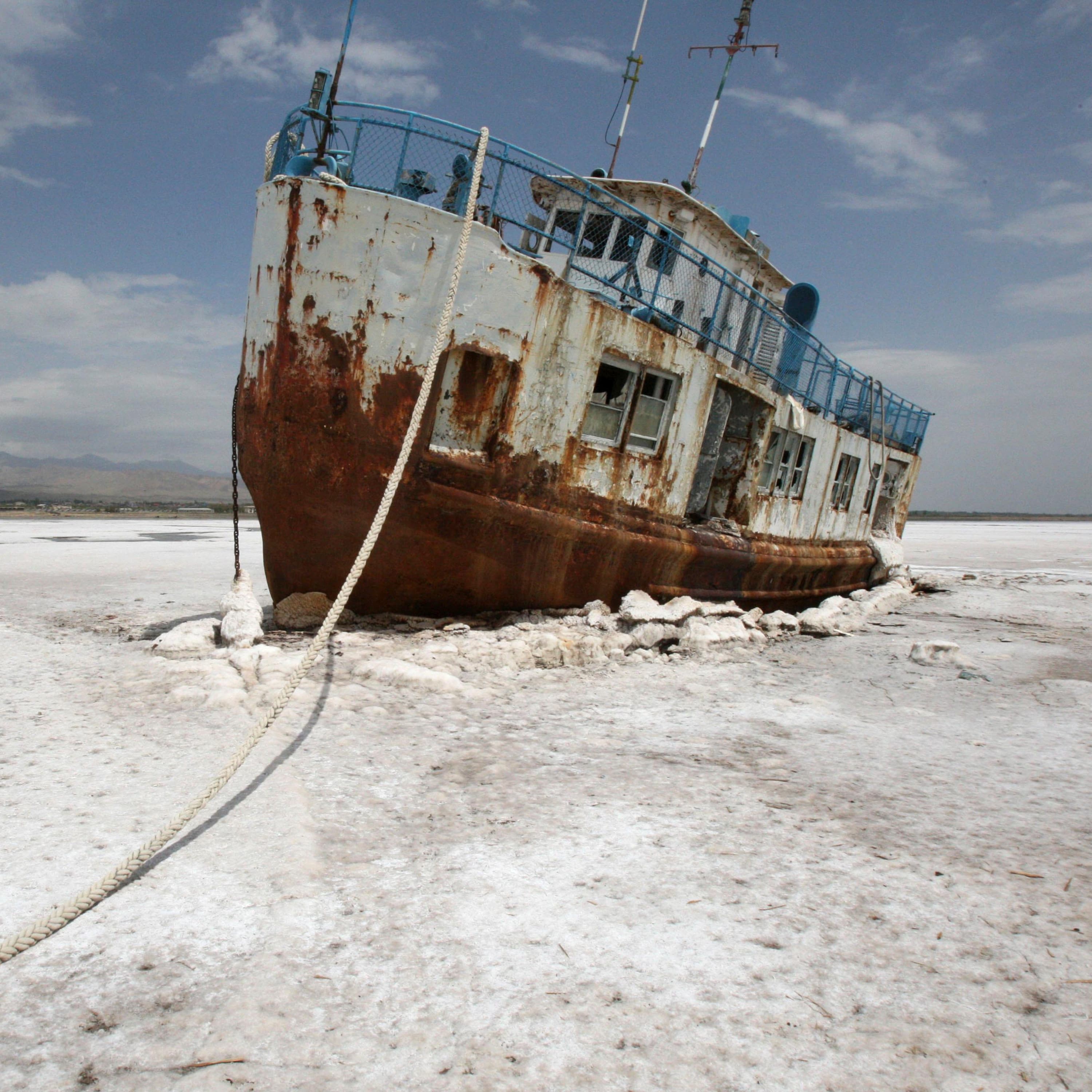
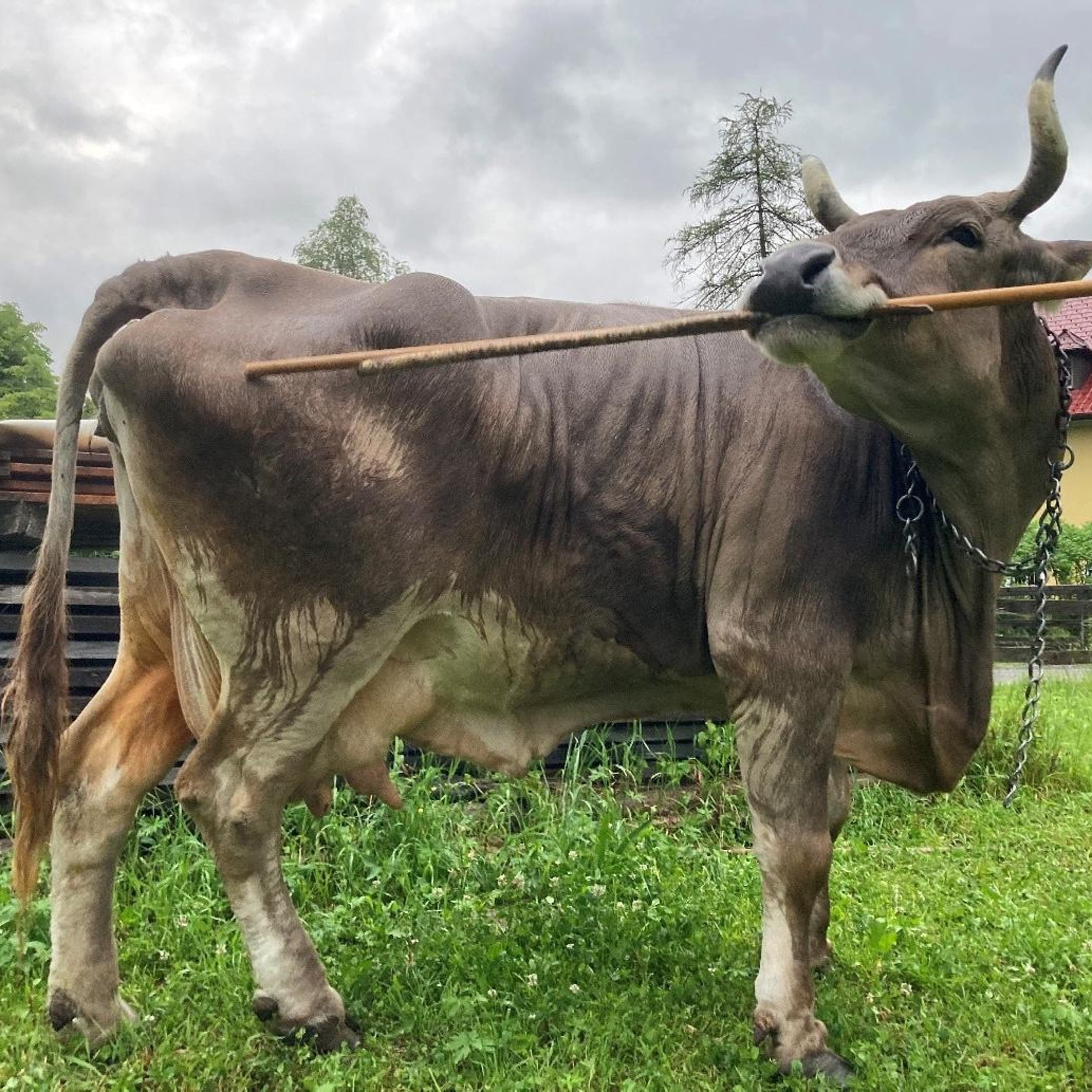
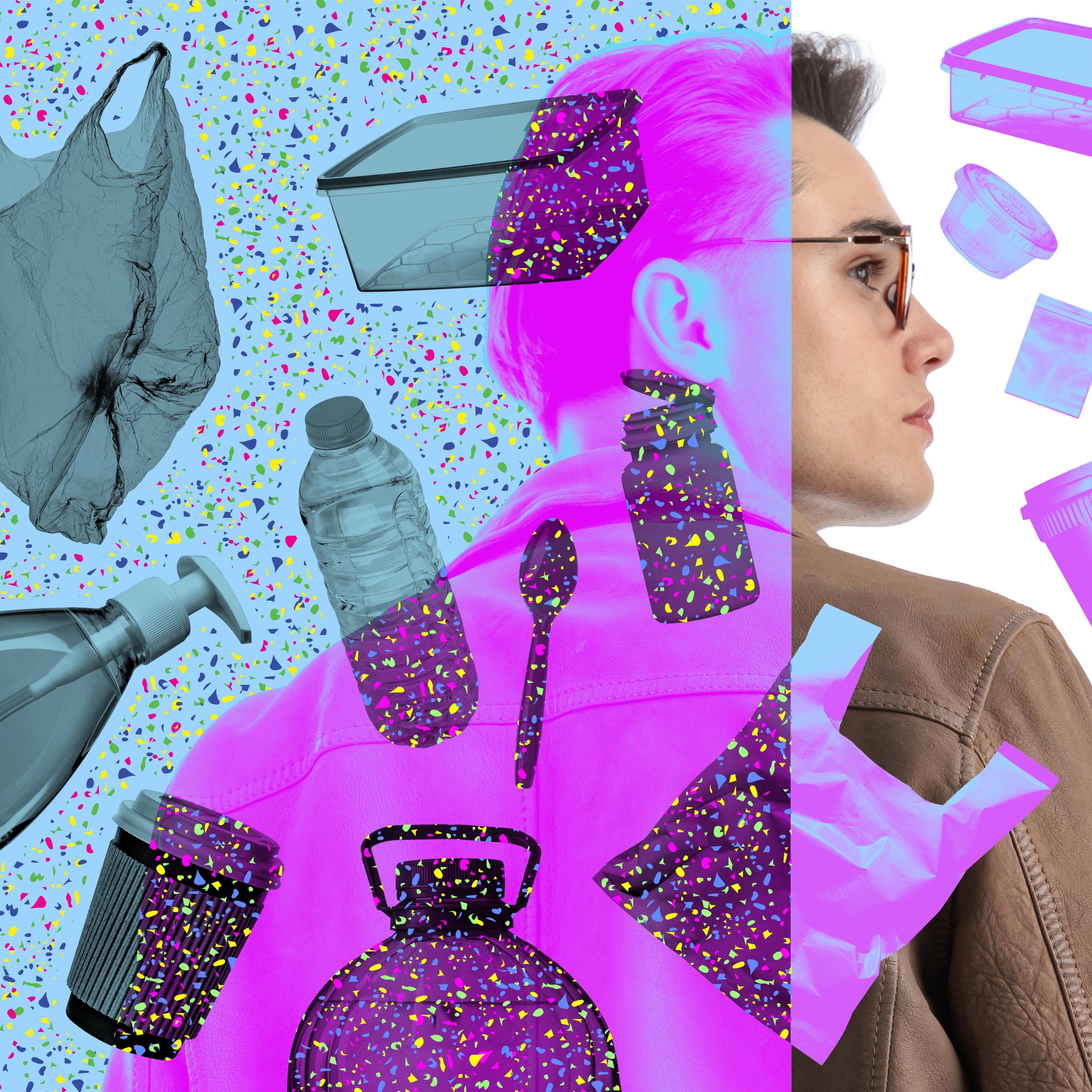
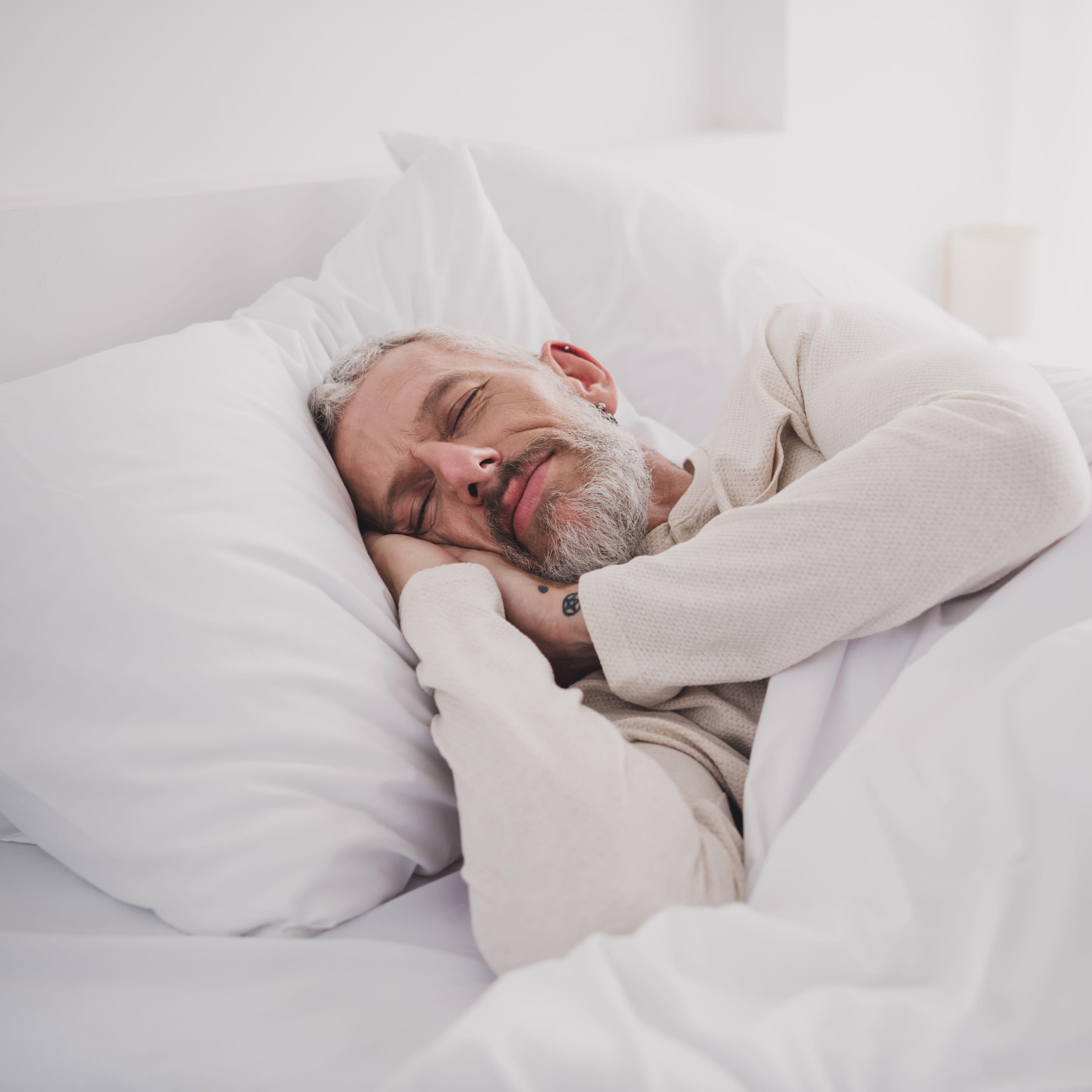
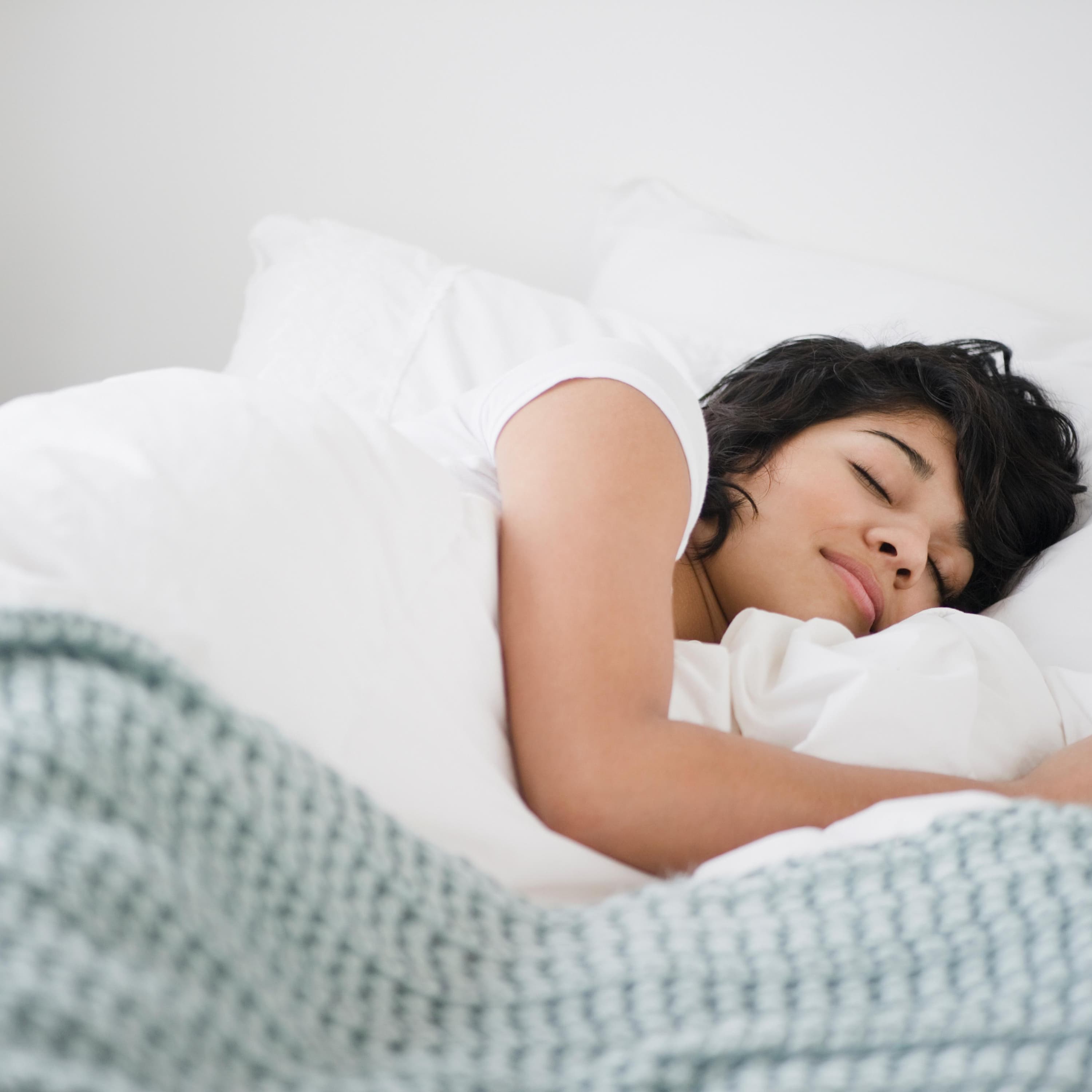
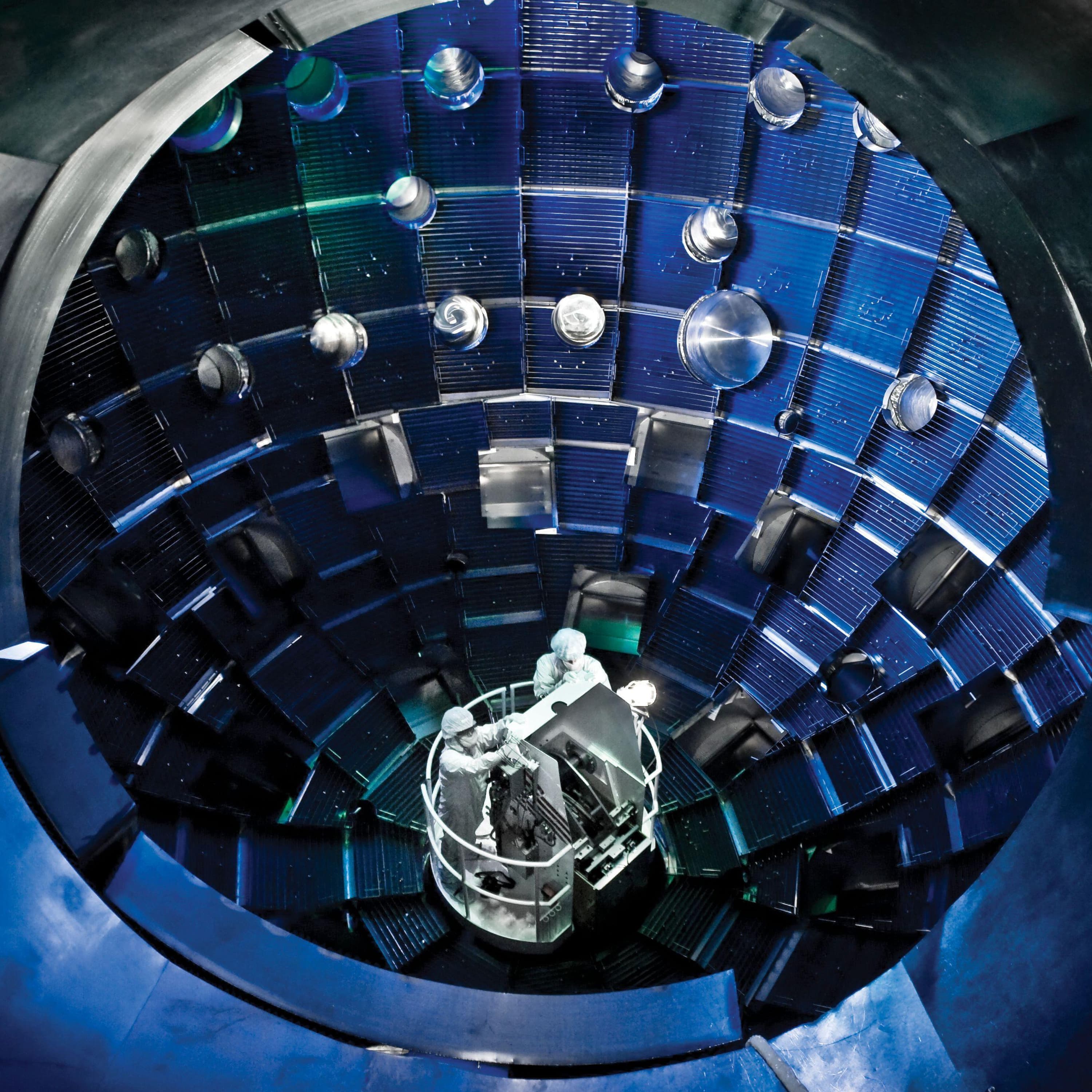
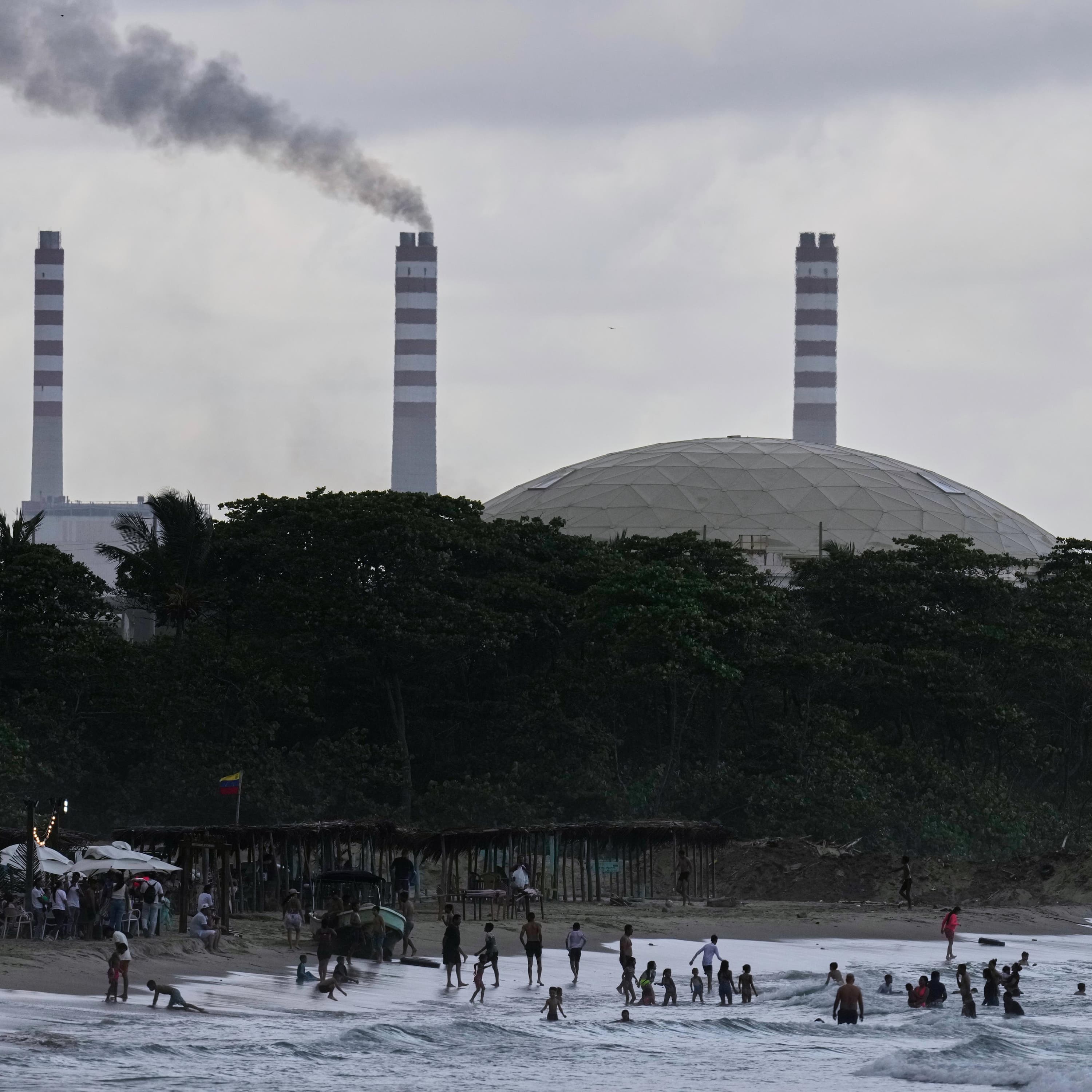
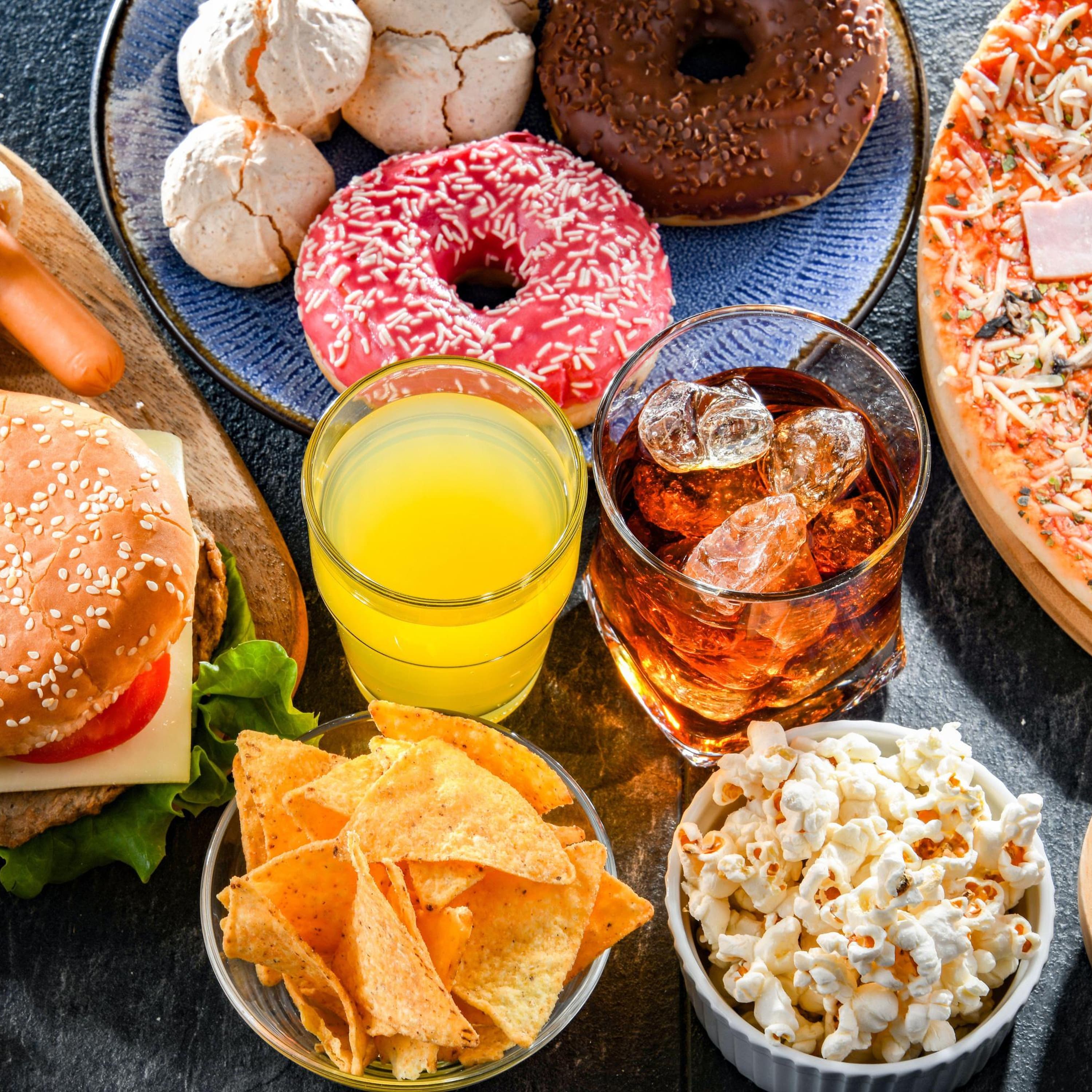
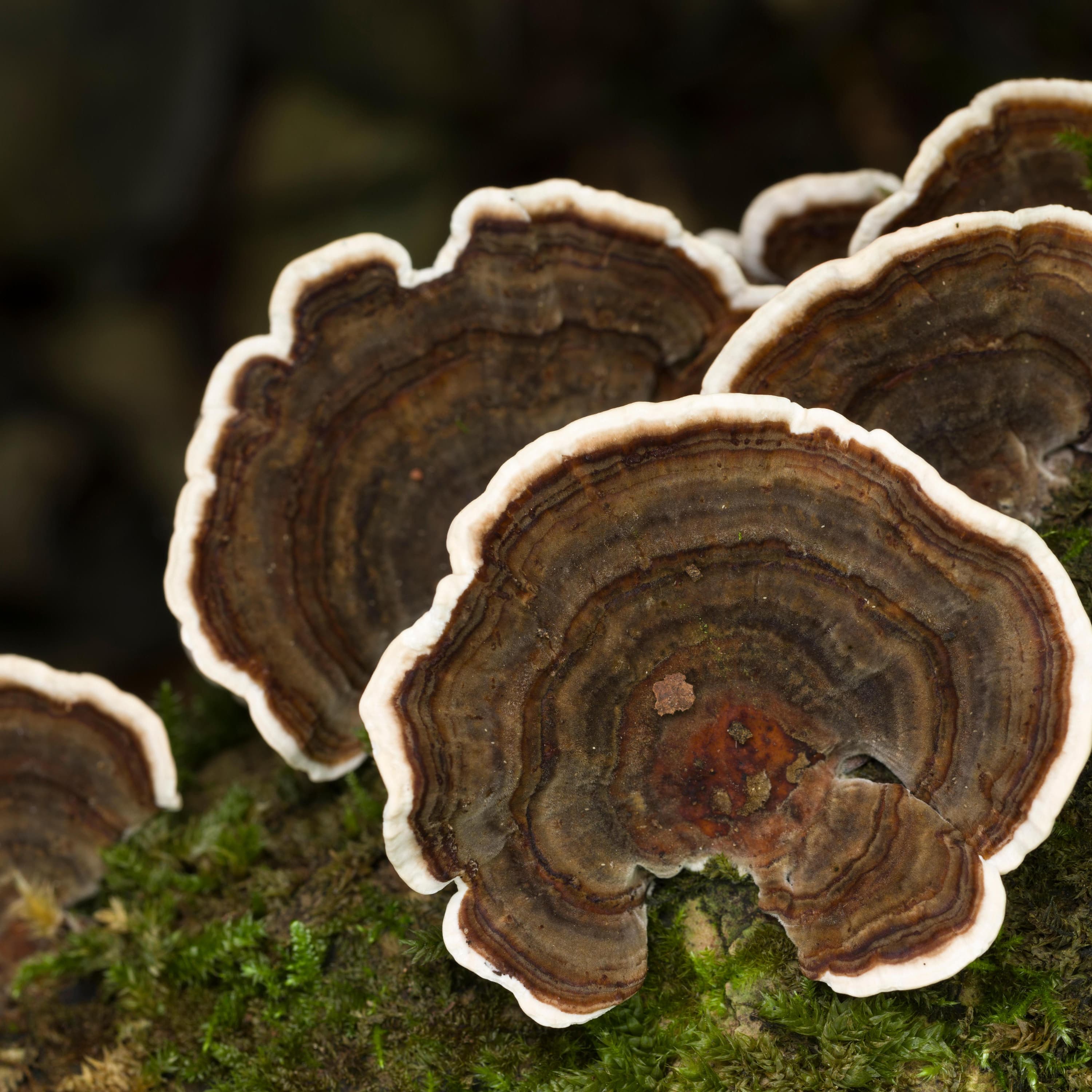
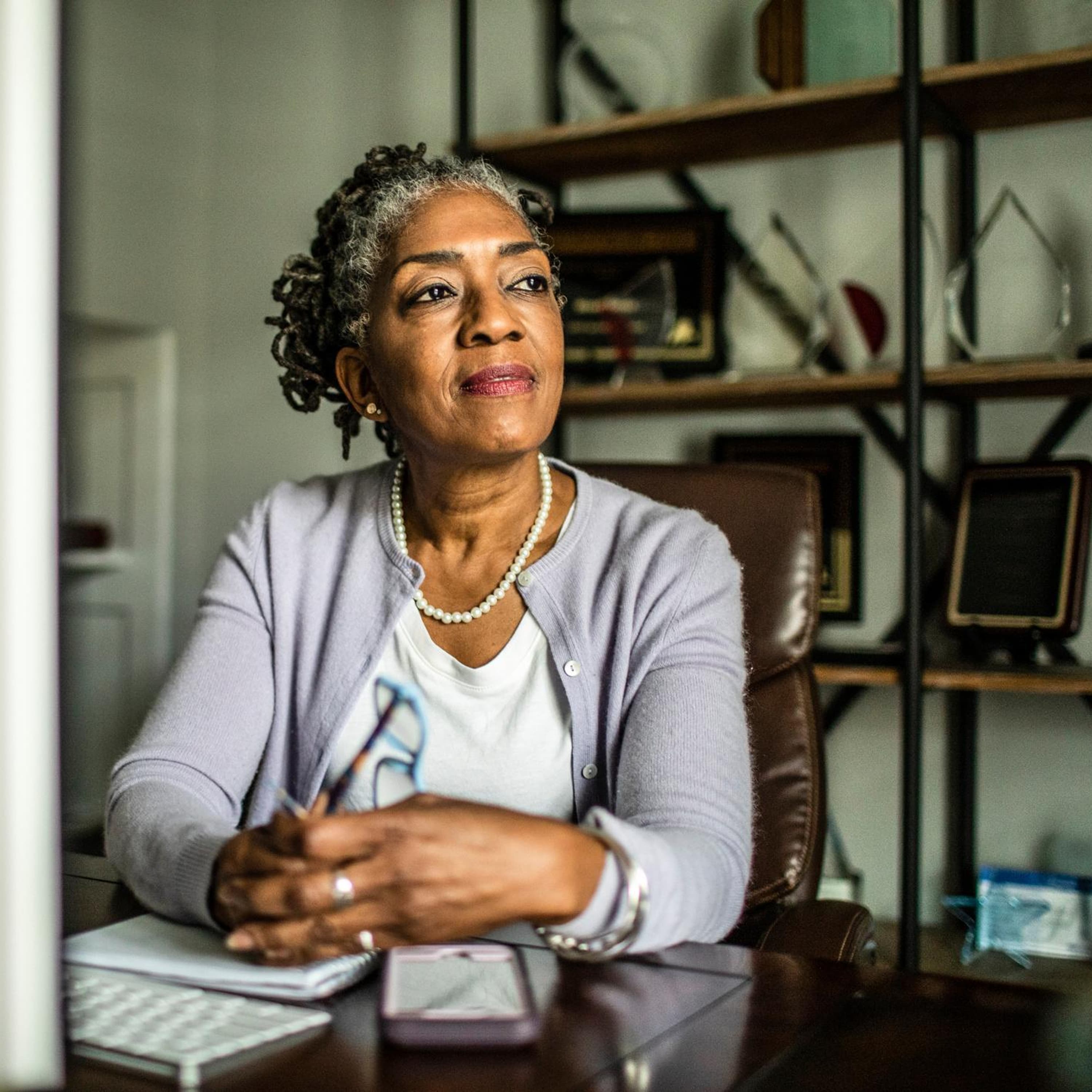
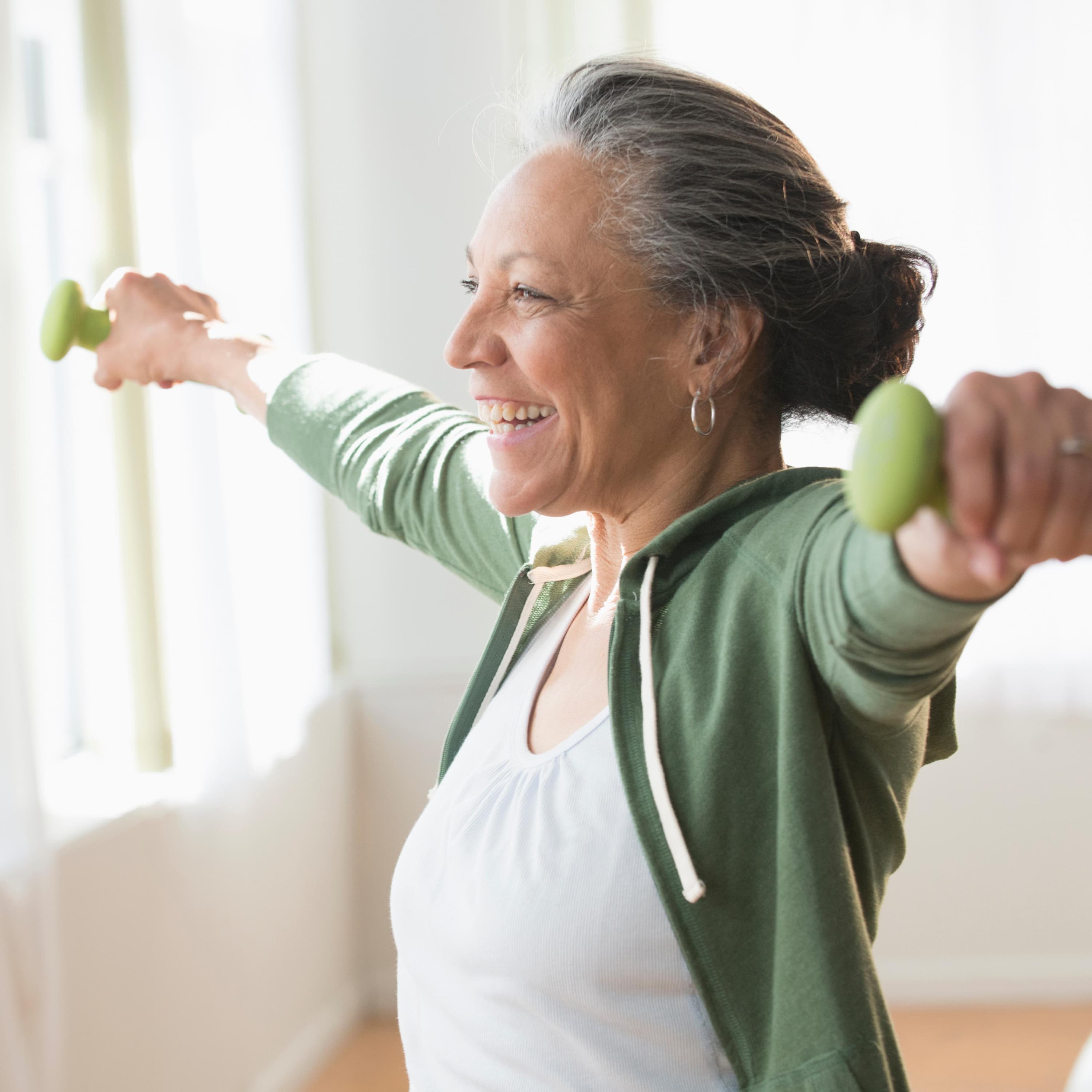
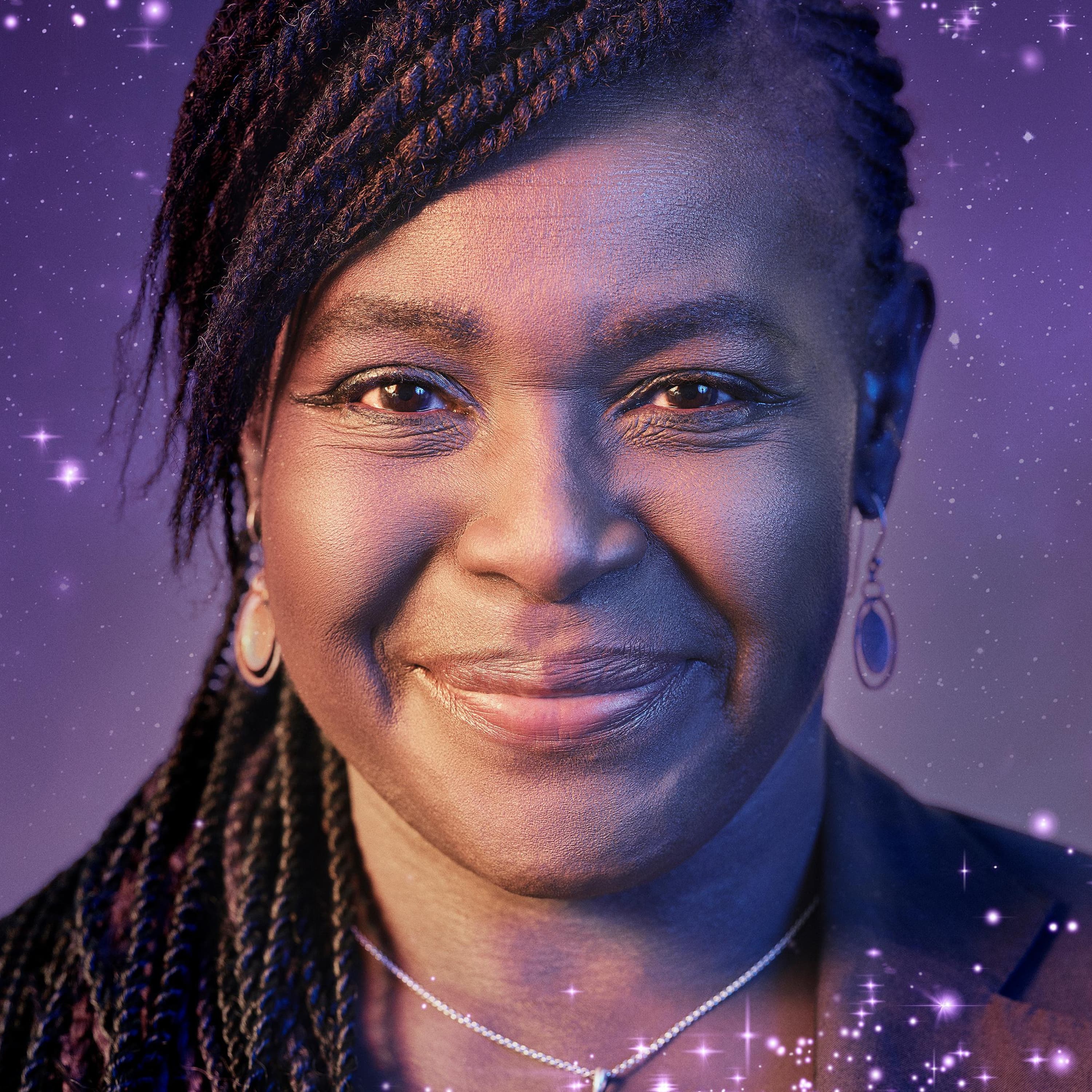
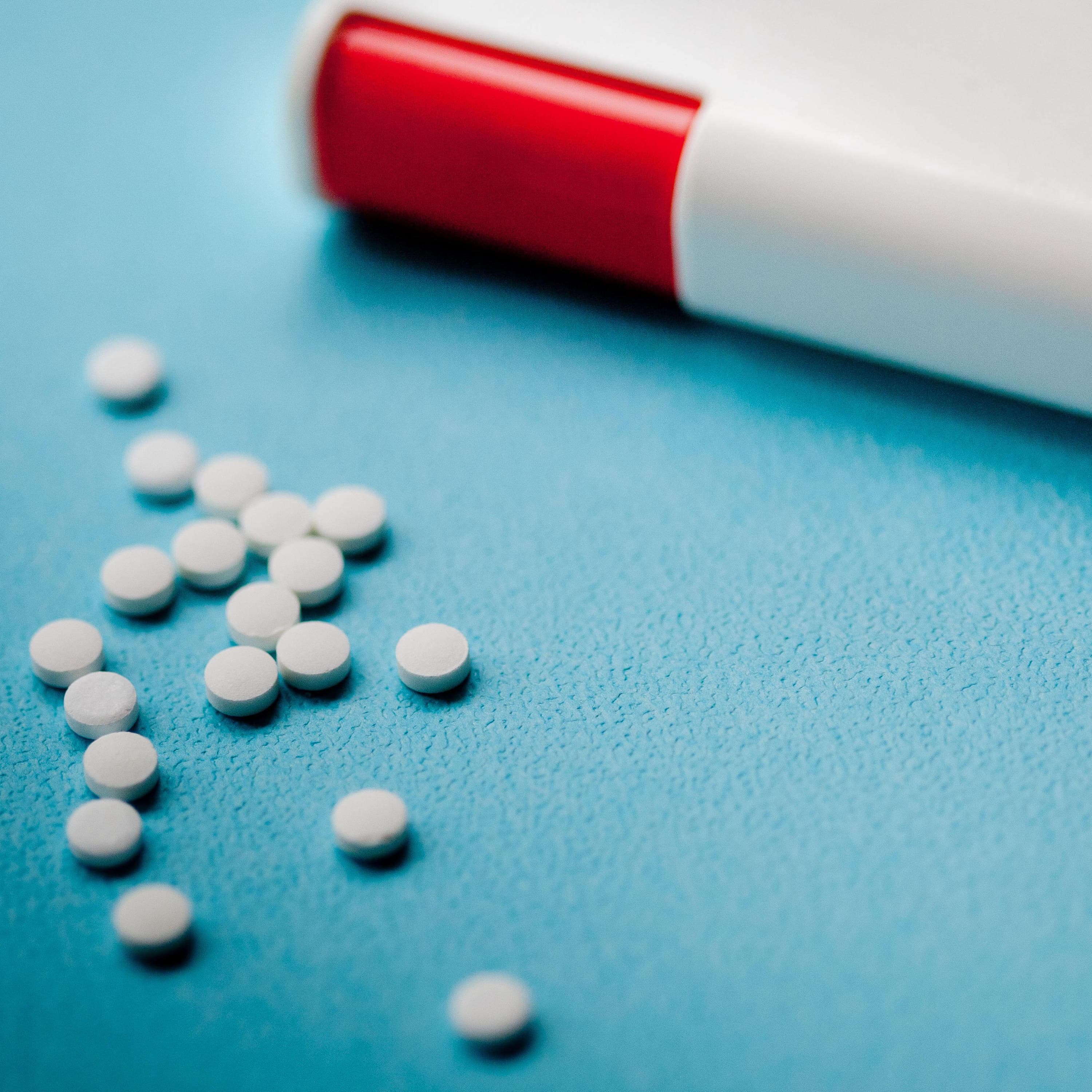



We just love Maddie’s conclusions! Great episode!
thanks for another amazing episode full of insights and useful information!
I think I have this gift/curse. In the 80s, I commented on a public bus to a hospital near Derby, where I worked. In 1988, I left my job to go to university in Edinburgh. Seven years later, I worked in Manchester, then Vienna and Switzerland. In 2000, I visited Derby and saw a familiar face in a pub. I knew that I knew the face, so I opened a conversation with the individual. After many questions and puzzling, it turned out that we were simply common passengers on a public bus in the 1980s.
👍
?
Still pushing self-harm, I hear. "Comfort-eating" leads to obesity and is unhealthy. I know Grace Dent thinks that it is cute, but it isn't. There are other ways to seek comfort.
science weekly ... 😊
😊
There is a river in New Zealand that has human rights, and niwcwe are talking of giving machines rights. I am concerned that the consequence of this may, a) degrade the rights of humans, and b) worse, that there is a reaction driving the abandonment of rights in general.
where is the AI generated transcript button? I can't find it
I can’t find the episode where they explained how we can send them our suggestions for potential topics. It shouldn’t really be this hard! They can just put it in the Guardian app and here in the podcast description. Can anyone of the listeners help me with this? Which email did they provide?
the ring and pointer finger length fact showing how much testosterone you've been open to in the womb is fascinating
How can I access the audioscrip??
NOAA will be defunded under Trump 2.0. Appalling.
Hi I just started to listen to your podcast. It first one was interesting. I'll continue listening Thank you
from my understanding, the Denmark study recorded a very significant drop in sperm motility, over a short period of time. this sounds like it's not properly discussed during the podcast.
That was some faulty logic there! We’re mammals so we need mammal protein?! So cows and horses should start eating eggs and each other I guess for all that muscle they have! Also the concept of low quality protein comes from a paper in the 40s or 50s which was later used rejected and retracted. So what is your source?
what about hydrogen cars?
I think one of the issues is that the people that have "bad" dogs are the irresponsible ones who will not learn or take dogs to classes or care. The owners who will take up these course are the ones who will be more careful and responsible. Very sad. Some people shouldn't own animals.
i searching for english podcast to improve my english efficiency and accidently i see this podcast and this episode first of all thank you for being our iranian women , even now the internet has been blocked and it didn't turn to normal we don't access to international sites or even youtube , iranian people are killed in silence even children sadly.don't forget us we are still in deprivation